
Project Overview
This survey aims to understand various aspects of employee attitudes and behaviors of ESOP companies. The findings will contribute academically to a better understanding the impact of ESOPs and related management practices on the workers and the ESOP companies, and practically to generating ideas to improve the practices and performance of ESOP companies.
Project Leaders
The project is being led by multiple scholars from Rutgers’ School of Management and Labor Relations and other universities, who are being closely advised by Prof. Joseph Blasi and Prof. Douglas Kruse. As part of the effort by the school’s Institute for the Study of Employee Ownership and Profit Sharing, this study will help to better understand the world of ESOP firms and their employees.
The Co-directors of the project are Jung Ook Kim, Dan Weltmann, and Edward Carberry. Mr. Kim is a doctoral candidate at the School of Management and Labor Relations and holds the Louis O. Kelso Fellowship in the Institute. Weltmann is an assistant professor at Western Connecticut State University's Ancell School of Business and holds the Louis O. Kelso Fellowship in the Institute. Professor Carberry is an associate professor at the University of Massachusetts - Boston and a Beyster Fellow and Fidelity Fellow at the Institute.
Support
The National ESOP Employee Survey is supported by the Employee Ownership Foundation, which supports the Louis O. Kelso Fellowships.
Schedule and Administration
The 45-60 minute survey is open throughout 2018, and our researcher(s) will personally administer the instrument on-site at your chosen location. There is no cost to the companies, and participating firms will receive a written analysis report of the results. In addition, participating firms may choose to add 10-20 questions of their own and those results will be provided in the respective company’s report.
Questions include, but are not limited to, the following categories:
- Job satisfaction, pay (wage) satisfaction, ESOP satisfaction
- Worker commitment and intentions to stay
- Worker well-being including burnout and work-life balance
- Perception of fairness
- Questions on other attitudes and behaviors of the workers
For more information, please contact:
Contact Us
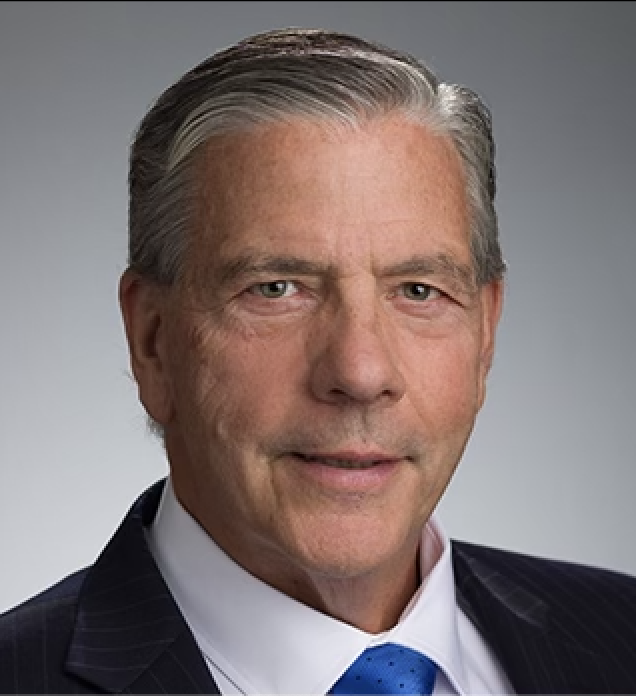
Bill Castellano
Director
Email
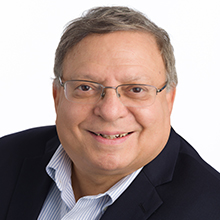
Joseph Blasi
Director Emeritus
Email
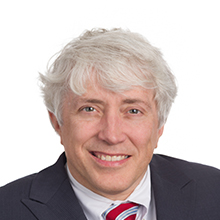
Doug Kruse
Associate Director
Email
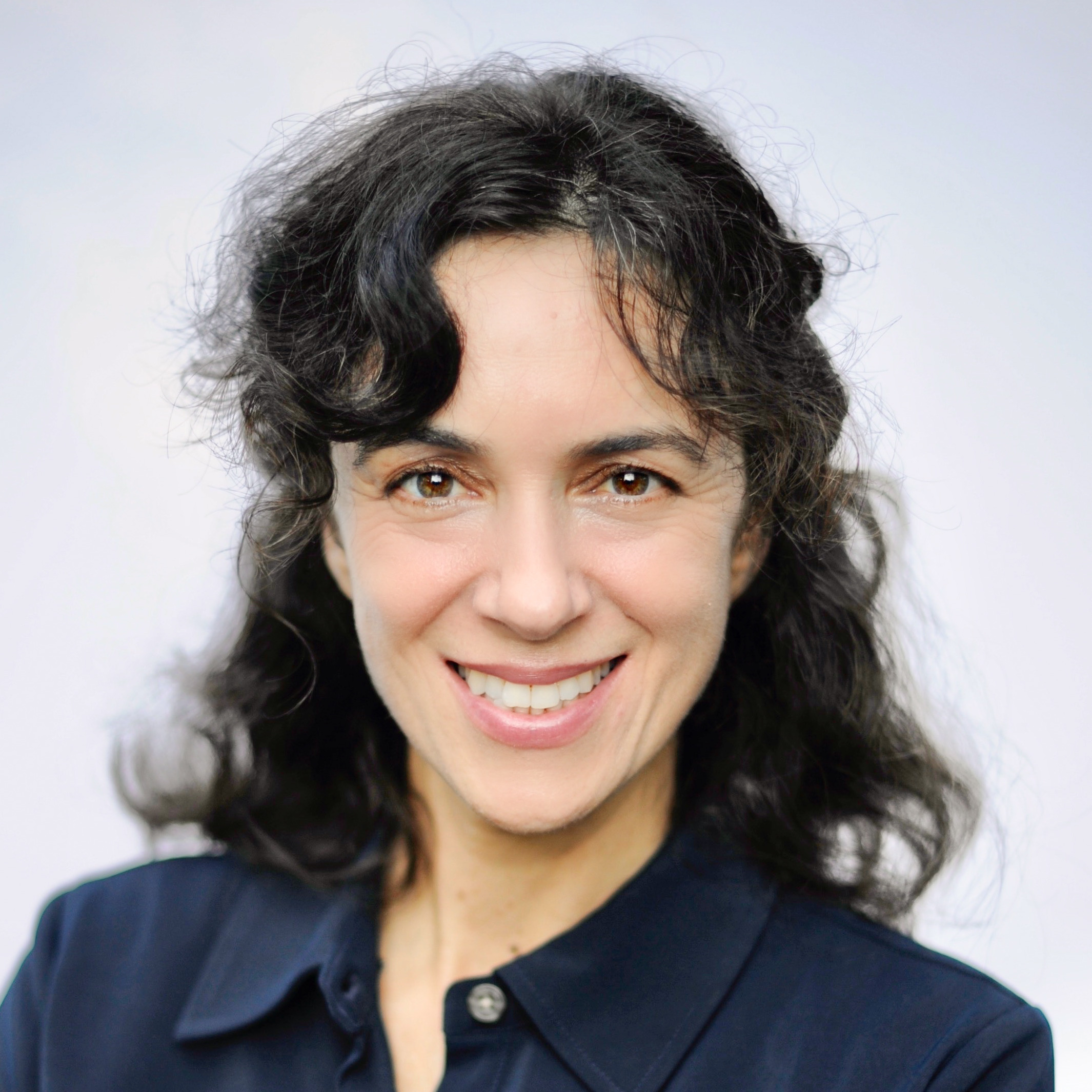
Adria Scharf
Associate Director
Director of Education and Collaborations
Email
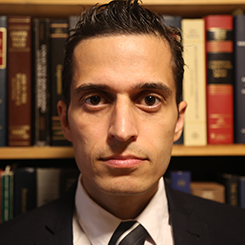
Christopher Michael
Senior Director
Email
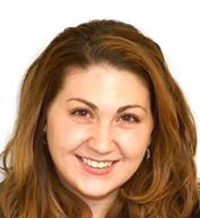
Bethany Dennis
Senior Program Coordinator
Email


